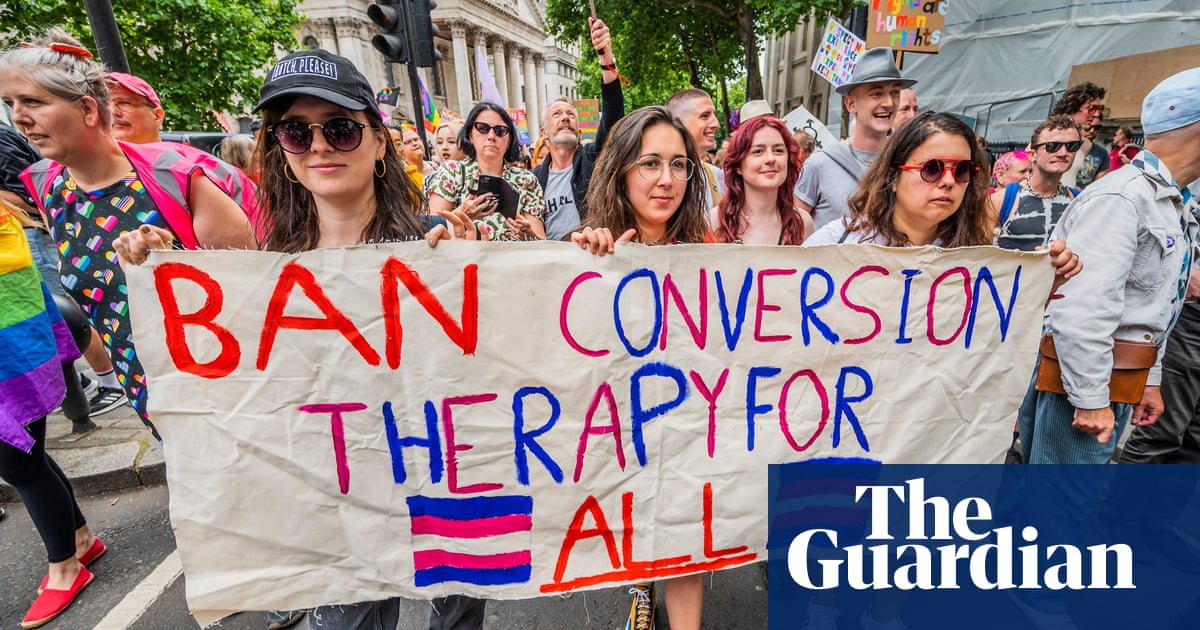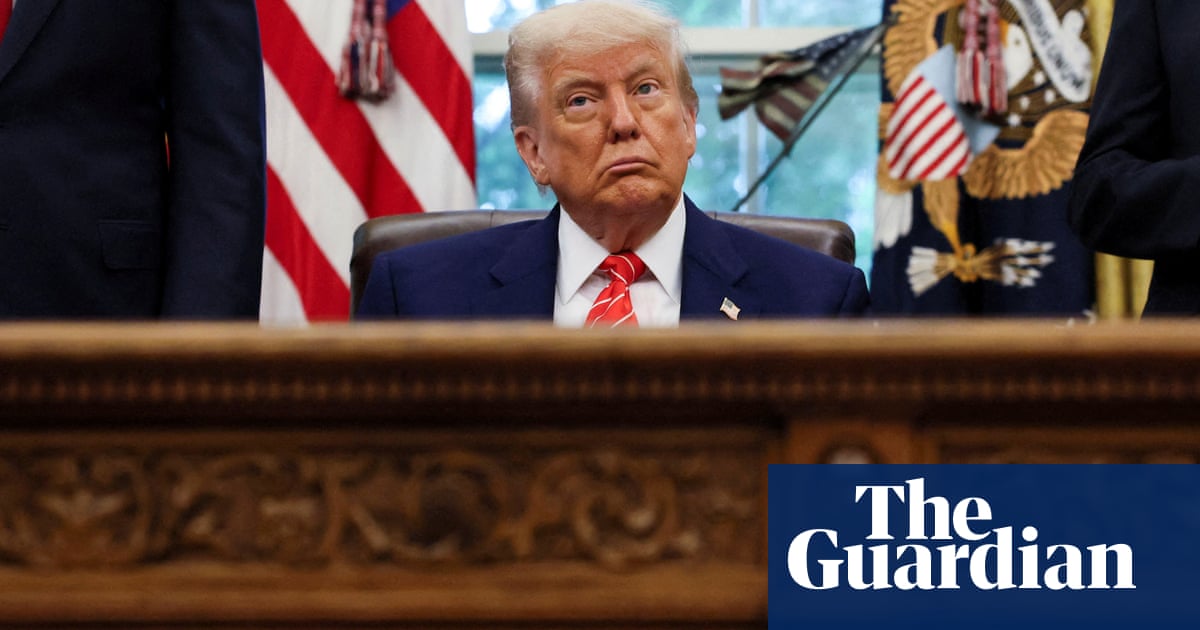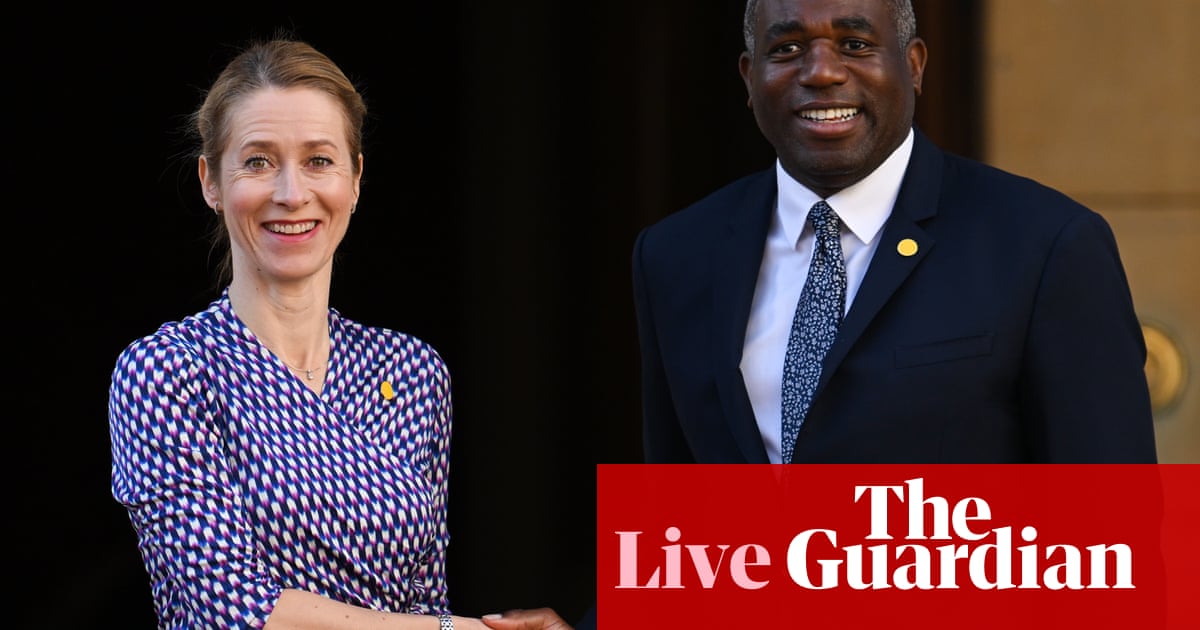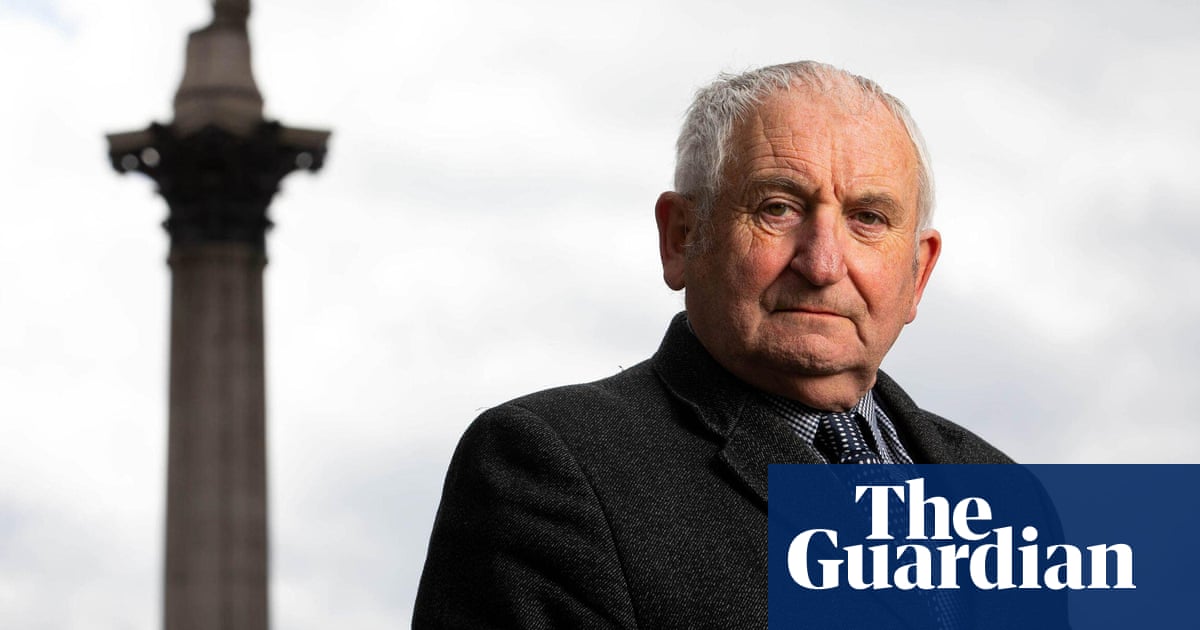Adrian Ramsay is to stand as Greens co-leader with another of the party’s MPs, Ellie Chowns, amid what the duo describe as an unprecedented fracturing of political allegiances that meant it was vital to have leaders in Westminster with a proven record of winning.
Ramsay has already been co-leader for four years, alongside Carla Denyer, who with Ramsay, Chowns and Siân Berry were elected to parliament last year in the party’s greatest electoral triumph.
Last week, Denyer revealed to the Guardian that she would not re-contest the leadership, instead focusing on her Bristol Central constituency and campaigns such as net zero and affordable housing.
While nominations for the leadership do not formally open until next month, the contest is likely to be between Ramsay and Chowns, and Zack Polanski, the current deputy leader, who has already announced a bid to take the party towards what he called a Reform-emulating “eco-populism”.
While praising the outgoing duo’s achievements, Polanski said he believed the Greens should be less cautious, and try to emulate Reform in becoming an insurgent, mass-membership political force.
Unveiling their joint bid to the Guardian, Ramsay and Chowns dismissed this implicit criticism, saying that their record in winning rural, Conservative-dominated seats in July showed they could win over new supporters.
“We’ve both won seats that were previously considered unwinnable,” said Chowns, who overturned a near-25,000 Tory majority to win her North Herefordshire seat. Ramsay’s Waveney Valley constituency, on the Norfolk-Suffolk border, was made up from parts of previously Conservative seats.
“We know what it means to win against the odds. We know what it means to build the biggest possible, most inclusive possible campaign teams, to inspire people to take action that results in previously unthinkable political change,” she added.
Asked about Polanski’s criticisms, Ramsay said such results showed they could take the Greens’ message “to people who don’t normally vote for you”, and that it would be hard for a non-MP to lead the party.
He said: “The reality is the MPs are setting the tone of what the Green party is saying on the issues of the day, because they’re being debated in parliament. There’s a reason why parties have their leaders as MPs.”
The need to focus on electoral growth was all the more vital, he said, with the current “crossroads in British politics”, with polls showing Westminster voting intentions are now closely matched between five parties.
In what could be seen as a coded swipe at Polanski, Ramsay warned against the Greens seeking to “appeal to your existing supporters or to a particular base”, adding: “We’re seeing with Kemi Badenoch and the Conservatives what can happen if a party elects a leader just based on appealing to a particular base of support.”
As a new MP – and the only one of the four Greens in parliament to never lead the party – Chowns is less well-known but also very experienced, having been a councillor and, briefly, an MEP with a background in international development.
She said her and Ramsay would be “a really well-matched pair” as leaders. With the previous team, Denyer was more likely than the slightly quieter Ramsay to be sent into mass-party TV debates, a role Chowns seems set to follow.
“Both of us have got a huge history in the Green party,” she said. “We are MPs, so we have that credibility of already being there at the heart of UK politics. And I think it’s really important for the party that our leaders are MPs, there every day, speaking out on that key political platform.”

.png) 8 hours ago
6
8 hours ago
6













































